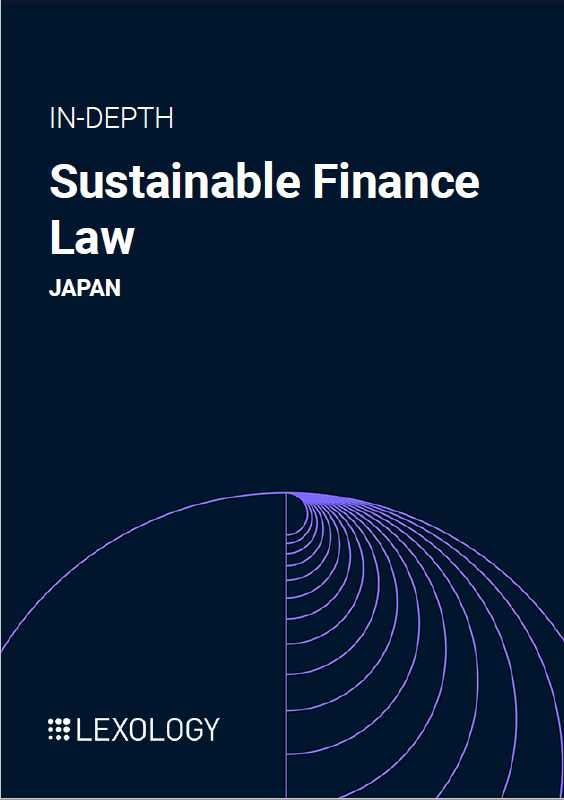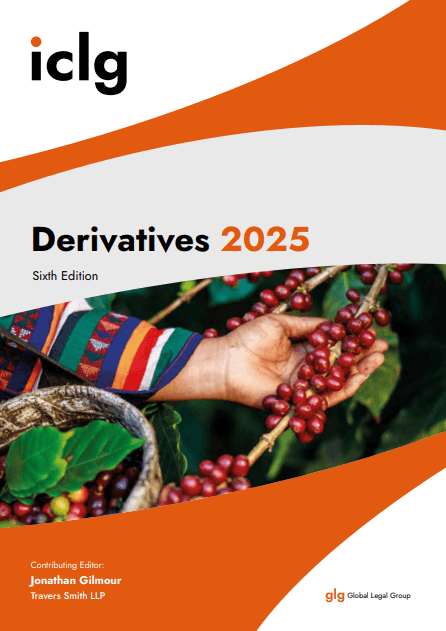
NO&T Asia Legal Review
In May 2024, the Registrar of Companies of Delhi and Haryana (“RoC”) issued an order (“Order”) imposing penalties against LinkedIn India Information Private Limited (‘LinkedIn India’) and its directors along with Mr. Ryan Roslansky (Global CEO of LinkedIn) and Mr. Satya Nadella (CEO of Microsoft Corporation) for violating the provisions related to identification and disclosure of significant beneficial ownership under Section 90 of the Companies Act, 2013 (“Companies Act”). The Order has far reaching implications for global companies operating in India with parent companies outside India. This article sets out the key findings of the Order.
Section 90 of the Companies Act which deals with the concept of ‘significant beneficial ownership’ was introduced pursuant to the Companies (Amendment) Act, 2017 following the recommendations of the Financial Action Task Force. Under Section 90, a significant beneficial owner has been defined to mean an individual, who acting alone or together, holds, directly or indirectly, beneficial interests of not less than 10% shares in the reporting company or voting rights in such shares or rights to participate in the dividends arising from such shares, or holds the right to exercise, or actually exercises ‘significant influence or control’ over the company. The Companies (Significant Beneficial Ownership) Rules, 2018 (“SBO Rules”), clarify that ‘significant influence’ shall mean the power to participate in the financial and operating policy decisions of the company either directly or indirectly.
Accordingly, the law requires taking into account both objective and subjective analysis of significant beneficial ownership. Objective test is based on the actual shareholding of the individual in question and whether he/she directly (or together with indirect holdings) holds 10% percent or more of the shares. Under the subjective test, the determinative factor is whether the individual in question has the right to exercise, or actually exercises significant influence or control in any manner, other than through direct holdings.
Pursuant to the Companies Act read with the SBO Rules, the primary responsibility lies on the individual who holds or acquires significant beneficial interest to make the declaration to the company. The company in turn must maintain a register of such individuals who have made declarations. Further, every company maintaining such a register is also required to file details of the significant beneficial owners with the Registrar of Companies.
In addition to the above, the Companies Act also imposes a secondary responsibility on the company to take necessary steps to identify a significant beneficial owner and require such individual to comply with the above requirements. A company must give notice to any such individual whom the company knows or has reason to believe is a significant beneficial owner, has or is likely to have knowledge of a significant beneficial owner or has been a significant beneficial owner in the preceding three years. Such an individual must reply to the notice within 30 days, and if they fail to do so or provide unsatisfactory information, the company is required to approach the National Company Law Tribunal with a request to restrict the right of transfer of such person’s shares or even suspend all rights attached to such shares.
In light of the aforementioned background, the RoC conducted an investigation into the significant beneficial ownership of LinkedIn India and upon completion of its investigation passed the Order penalizing LinkedIn India and its directors along with Mr. Ryan Roslansky and Mr. Satya Nadella, with a cumulative amount of INR 2,710,800 on the grounds that they failed to declare their significant beneficial ownership in LinkedIn India.
While adjudicating the penalty in the above matter, the RoC adopted the subjective route to understand whether any ‘control’ is being exercised by any natural person through ‘significant influence’. To analyze the subjective route, the RoC focused on three factors/tests to identify the significant beneficial owners of LinkedIn India:
LinkedIn India had disclosed in its financial statements that LinkedIn Corporation is its holding company despite LinkedIn Corporation not having any upstream shareholding in LinkedIn India and the shareholding of LinkedIn India being held by Microsoft Corporation post LinkedIn Corporation’s acquisition by Microsoft Corporation. The RoC concluded that LinkedIn Corporation exercises significant influence or control over LinkedIn India despite not having any direct shareholding and it did so by exercising significant influence over the board of directors of LinkedIn India. Since the board of directors of LinkedIn Corporation and LinkedIn India was common, the RoC concluded that Mr. Ryan Roslansky, CEO of LinkedIn Corporation, was in fact exercising significant influence over the company since he enjoyed the overall leadership role in LinkedIn Corporation and therefore held him to be a ‘significant beneficial owner’ of LinkedIn India. It further relied on annual filings of Microsoft Corporation with the US Securities and Exchange Commission to find that Mr. Ryan Rolansky is also a part of the senior leadership of Microsoft Corporation and ultimately reports to Mr. Satya Nadella, CEO of Microsoft Corporation. On this basis, the RoC concluded that Mr. Satya Nadella is also liable to be disclosed as a significant beneficial owner of LinkedIn India.
The RoC noted that the directors of LinkedIn India are in essence employees of Microsoft Corporation, holding significant positions, and Microsoft Corporation enjoys a ‘right to reject’ the directorship of its employees in LinkedIn India. On this basis, such employees were considered as nominees of Microsoft Corporation in LinkedIn India to represent its interests and exercise significant influence. It was also noted that the directors of LinkedIn India were appointed with no remuneration as they were remunerated from Microsoft Corporation. Accordingly, it was inferred that the reporting channels in the entire structure ran up to Mr. Ryan Roslansky or Mr. Satya Nadella who had the right to exercise significant influence unless decided otherwise through their board of directors.
Lastly, it was noted that the treasurers of LinkedIn India, including operating signatories and bank guarantee signatories, were employees of Microsoft Corporation. LinkedIn India had adopted a resolution that any decision of its board of directors shall not override the decisions of the treasurer of Microsoft Corporation in relation to financial control. This formed the basis of the RoC’s conclusion that the financial control of LinkedIn India was in the hands of Microsoft Corporation.
The Order has been criticized for having cast the net of significant beneficial ownership too wide by bringing within its ambit CEOs and directors who are merely performing their supervisory roles and have no actual shareholding in the Indian company or are otherwise exercising any special rights through contractual arrangements. Following the Order, the Registrar of Companies in different parts of India have passed orders against multiple companies on account of defaults in making filings identifying their significant beneficial owners. While the orders are all case-specific and may well be reversed in appeal, given the current wide interpretation of significant beneficial ownership, companies will need to evaluate their board governance structures to determine if CEOs or other senior ranking management personnel (including at holding company levels) could be categorized as significant beneficial owners and require declarations to be made.
This newsletter is given as general information for reference purposes only and therefore does not constitute our firm’s legal advice. Any opinion stated in this newsletter is a personal view of the author(s) and not our firm’s official view. For any specific matter or legal issue, please do not rely on this newsletter but make sure to consult a legal adviser. We would be delighted to answer your questions, if any.


Chattong Sunthorn-opas, Thunsinee Sungmongkol (Co-author)


Ario Putra Pamungkas


Long Nguyen


Rashmi Grover


Chattong Sunthorn-opas, Thunsinee Sungmongkol (Co-author)


Ario Putra Pamungkas


Rashmi Grover


(December 2024)
Hiromi Hattori, Yuichi Miyashita (Co-author)


Makoto Saito, Shinichiro Horaguchi, Yoshihisa Watanabe, Ramsay Randall (Co-author)


Makoto Saito, Shinichiro Horaguchi, Yoshihisa Watanabe, Ramsay Randall (Co-author)


Takehito Matsumoto


(June 2025)
Ichiro Oya, Masayuki Fukuda, Hideaki Suda, Tsutomu Endo (Co-author)


Takashi Itokawa, Takahiro Kitagawa (Co-author)


Motoki Saito, Gaku Oshima, Yuta Kawamura (Co-author)


(December 2024)
Hiromi Hattori, Yuichi Miyashita (Co-author)


Motoki Saito


Patricia O. Ko


Ngoc Hoang


Yuan Yao Lee


Chattong Sunthorn-opas, Thunsinee Sungmongkol (Co-author)


Patricia O. Ko


Ngoc Hoang


Yuan Yao Lee


Chattong Sunthorn-opas, Thunsinee Sungmongkol (Co-author)


Rashmi Grover


Shejal Verma


Rashmi Grover


Shejal Verma, Rashmi Grover (Co-author)